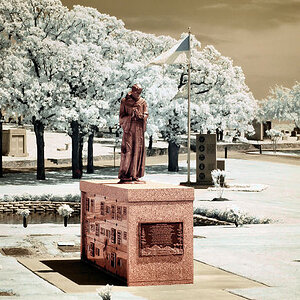Aloicious
No longer a newbie, moving up!
- Joined
- Mar 12, 2010
- Messages
- 1,661
- Reaction score
- 452
- Location
- UT
- Website
- www.photographywild.com
- Can others edit my Photos
- Photos NOT OK to edit
Got a good shot of the moon last night, processed it a couple different ways. it was actually shot just prior to full sun setting, so there is a blue cast on the lower portion of it, but this is a 'normal' processing of it:
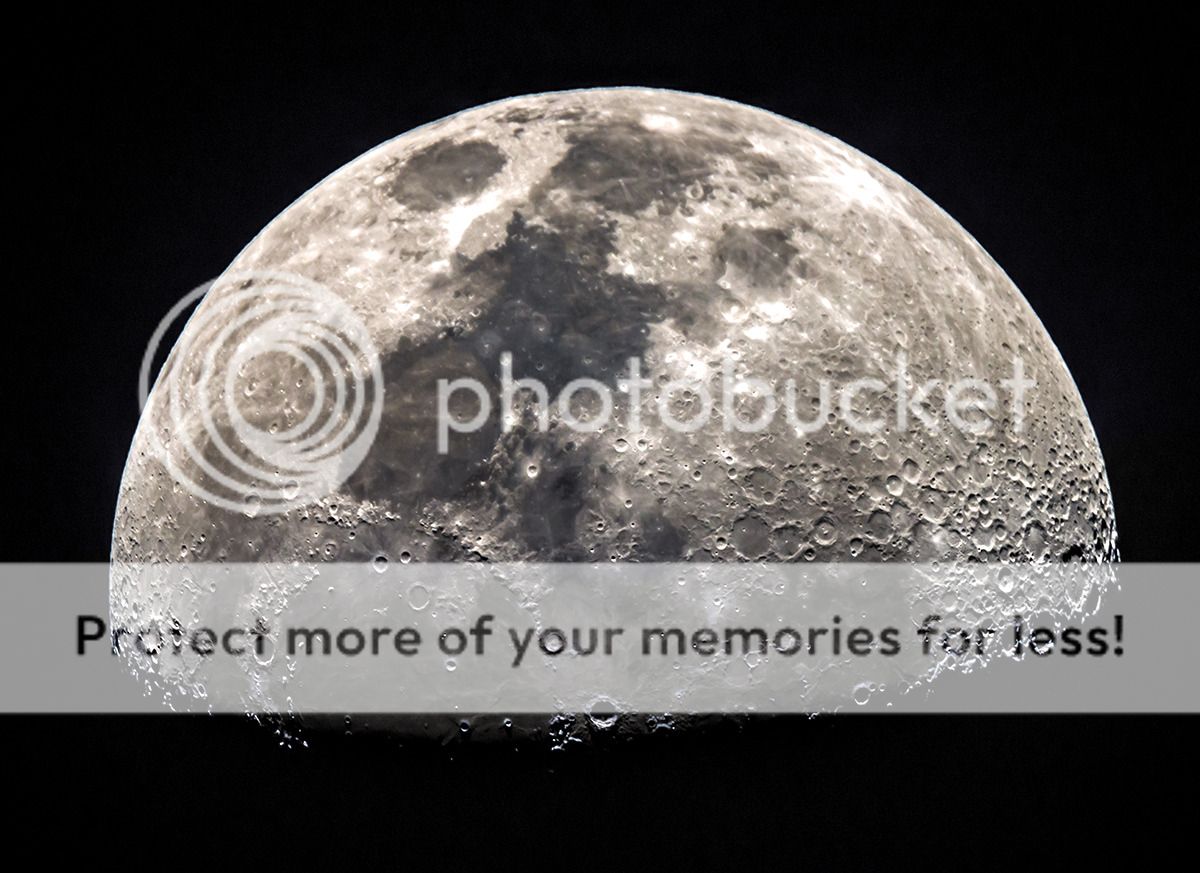
the harsh sidelighting brought out some nice detail, so I re-processed it to bring out as much surface detail as I could. it doesn't look like it would just looking at it, but all the details are interesting to examine.
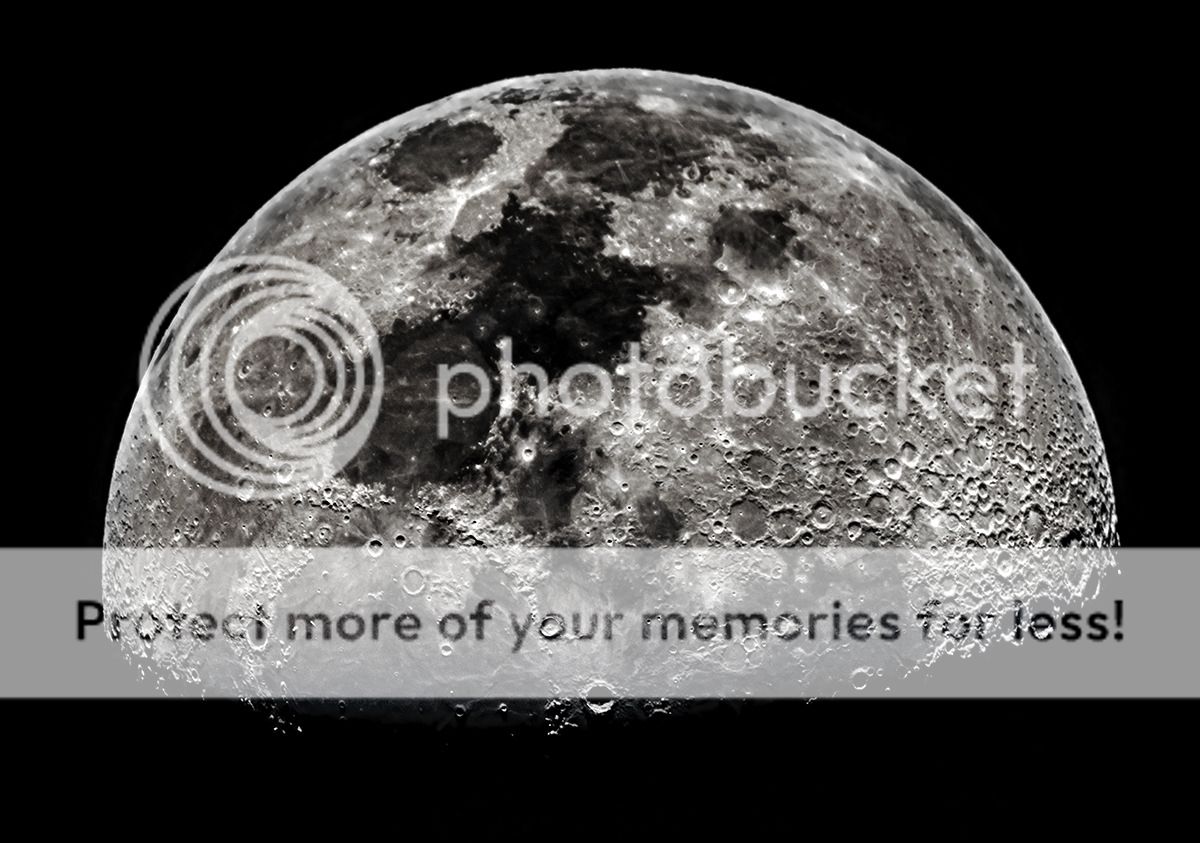

the harsh sidelighting brought out some nice detail, so I re-processed it to bring out as much surface detail as I could. it doesn't look like it would just looking at it, but all the details are interesting to examine.



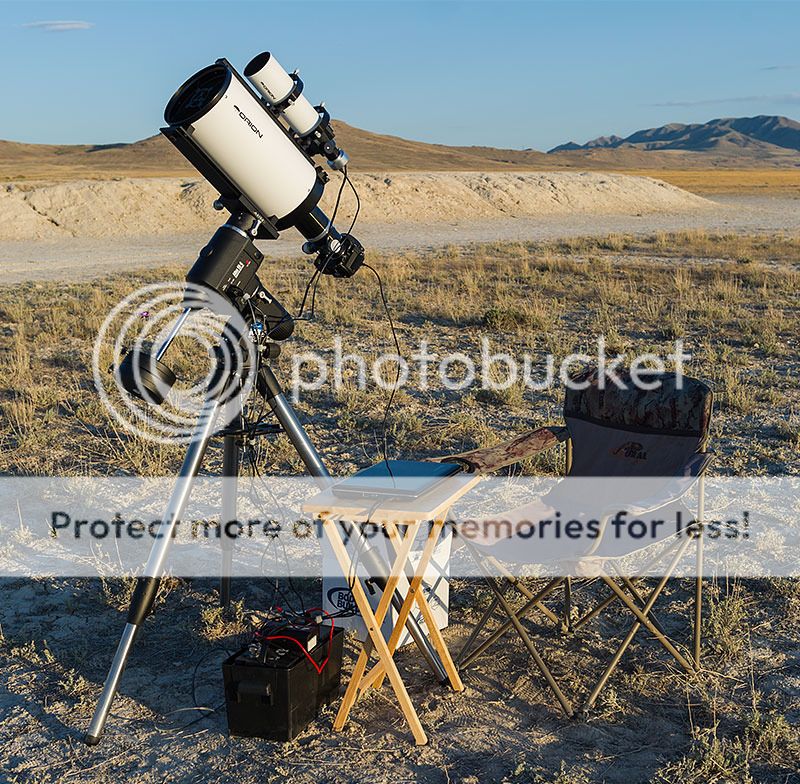





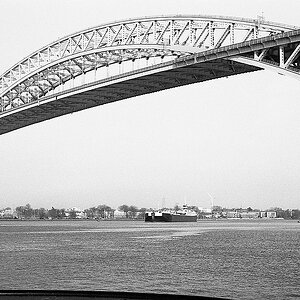
![[No title]](/data/xfmg/thumbnail/32/32945-a29b33c040ad72e4b783ea5e431cec65.jpg?1619735778)

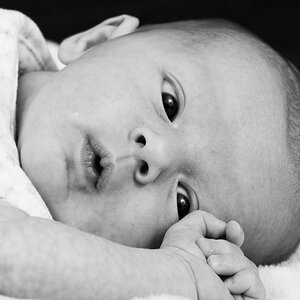

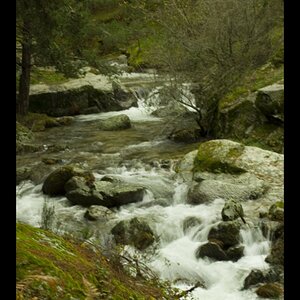
![[No title]](/data/xfmg/thumbnail/30/30992-773558233723ab0d28c307a97a1a2427.jpg?1619734556)
![[No title]](/data/xfmg/thumbnail/32/32942-4440dd4ca2ff307a5d19277feedf1d94.jpg?1619735774)
![[No title]](/data/xfmg/thumbnail/34/34344-0b42e0e92ad436e6710a1b9c4585d6df.jpg?1619736379)
